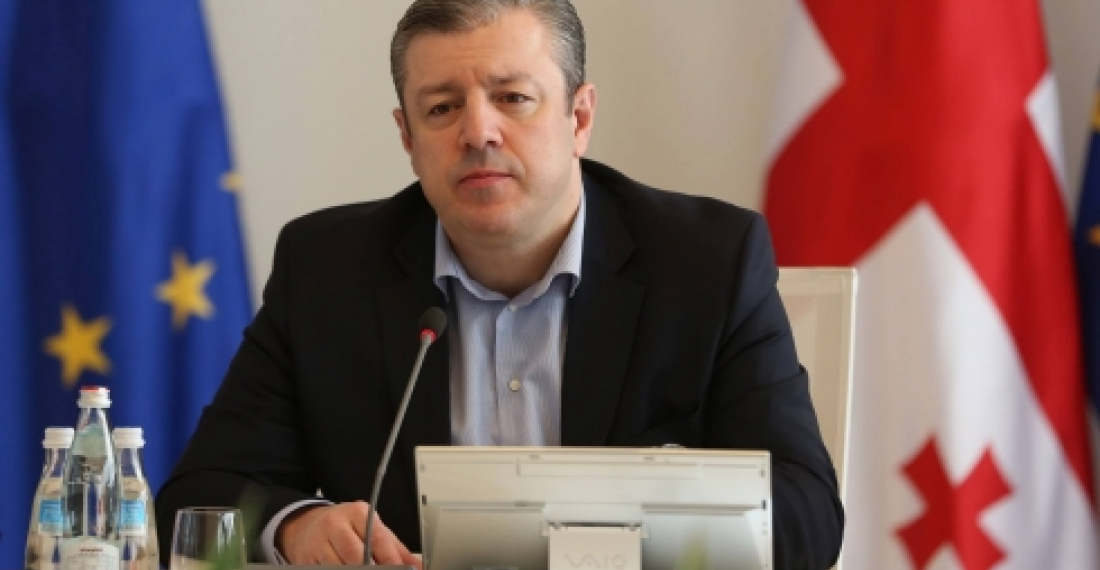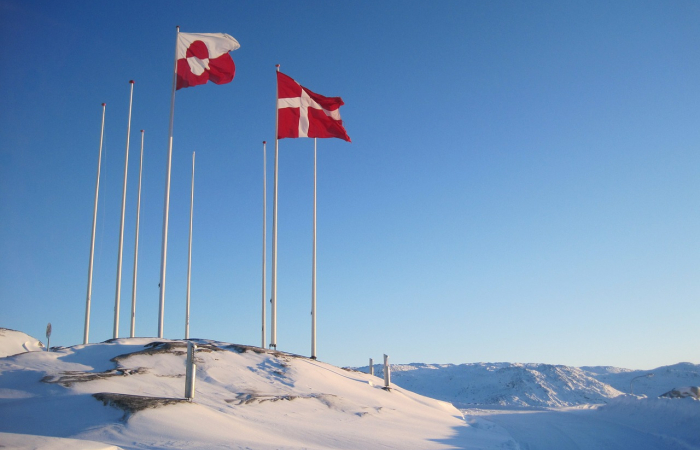Georgian prime minister Giorgi Kvirikashvili named on Wednesday some of the candidates who will be running on his Georgian Dream party's list in the upcoming legislative elections.
“I believe that along with the existing team, the Georgian Dream’s renewed team will win a convincing victory in the elections,” he said. The exact ordering of candidates on the list has not been confirmed. Eight of the 15 candidates on the list are women, a fact Kvirikashvili said was “not by chance”.
In the Georgian parliament, 77 of the 150 seats are allocated under the proportional party list system, while the remaining 73 seats are taken up by MPs stnading in single member constituencies.
“Today’s realities push for new agenda, new requirements and our party meets them with a renewed team and is ready to respond to all challenges,”
The Georgian Dream list candidates are:
- Tamar Chugoshvili
- Archil Talakvadze
- Tamar Khulordava
- Giorgi Gakharia
- Irakli Kobakhidze
- Sopho Japaridze
- Mariam Jashi
- Sophio Kiladze
- Sophiko Katsarava
- Nino Goguadze
- Kakha Kuchava
- Mamuka Mdinaradze
- Roman Kakulia
- Akaki Zoidze
- Irina Pruidze
SOURCE: commonspace.eu and agencies
PHOTO: Giorgi Kvirikashvili






